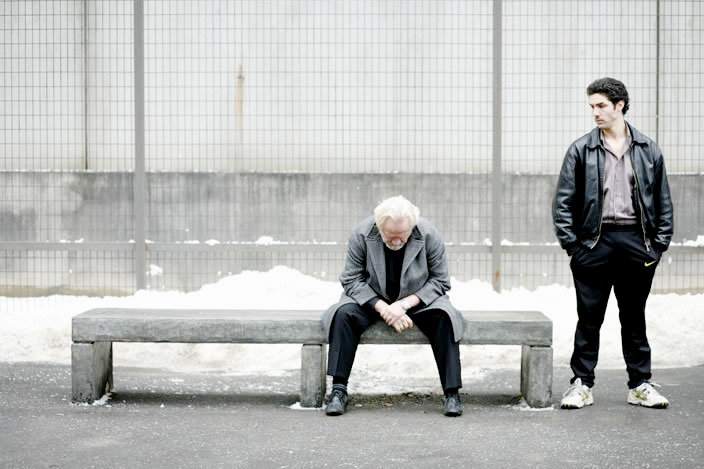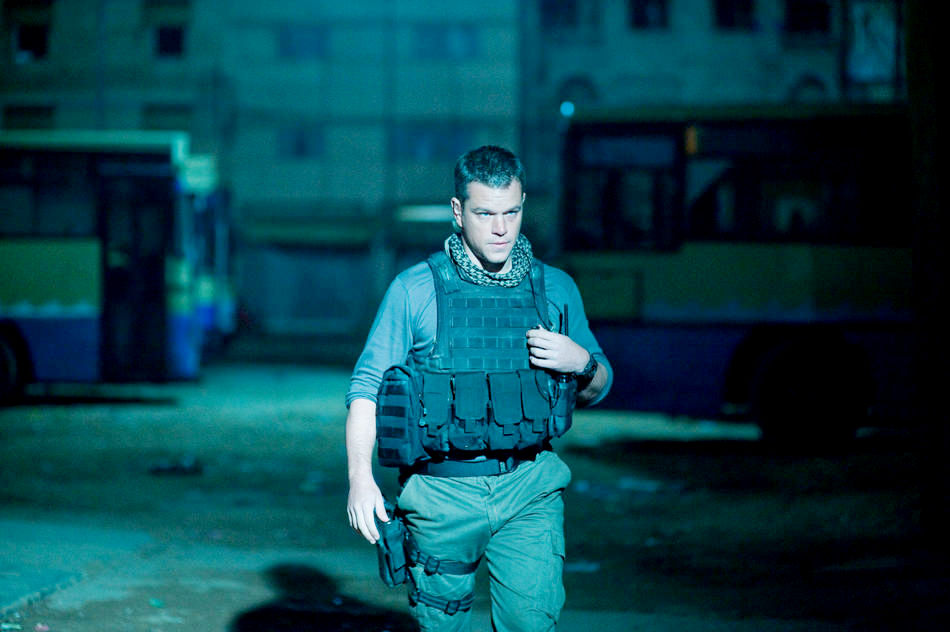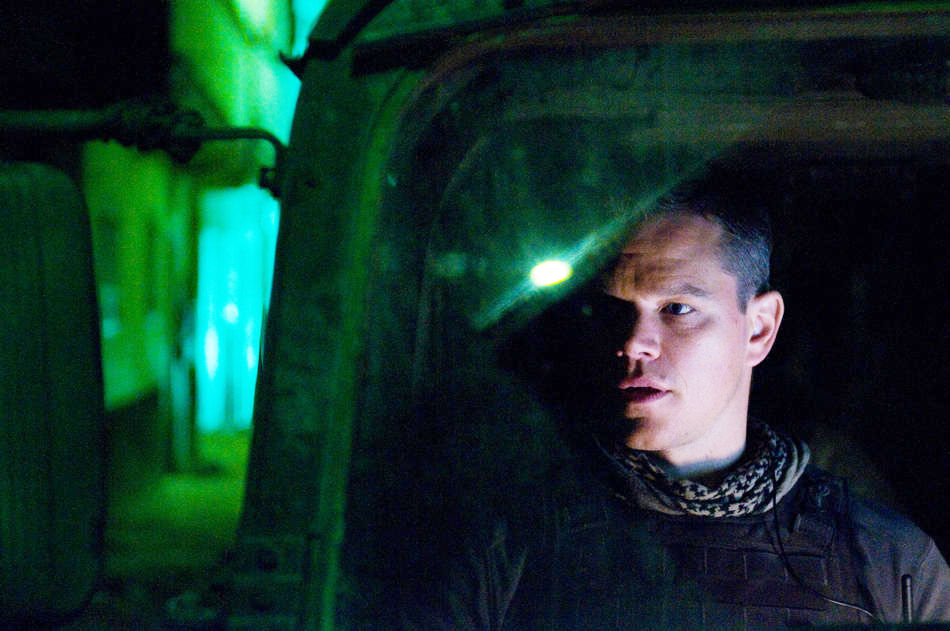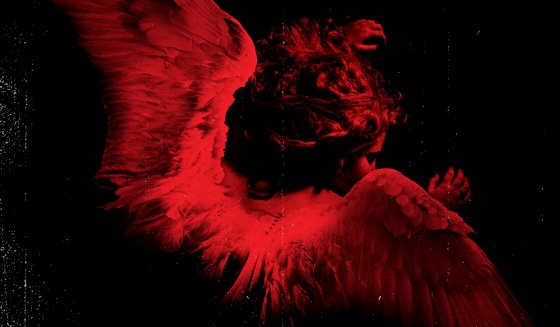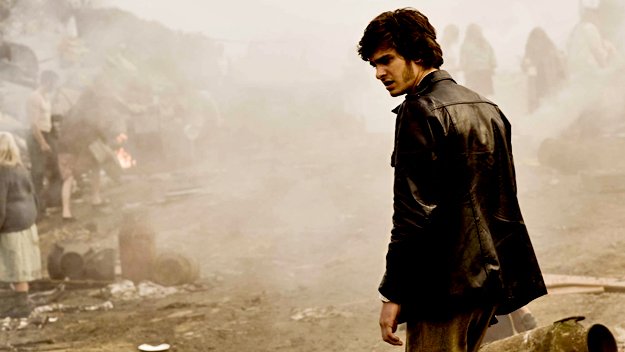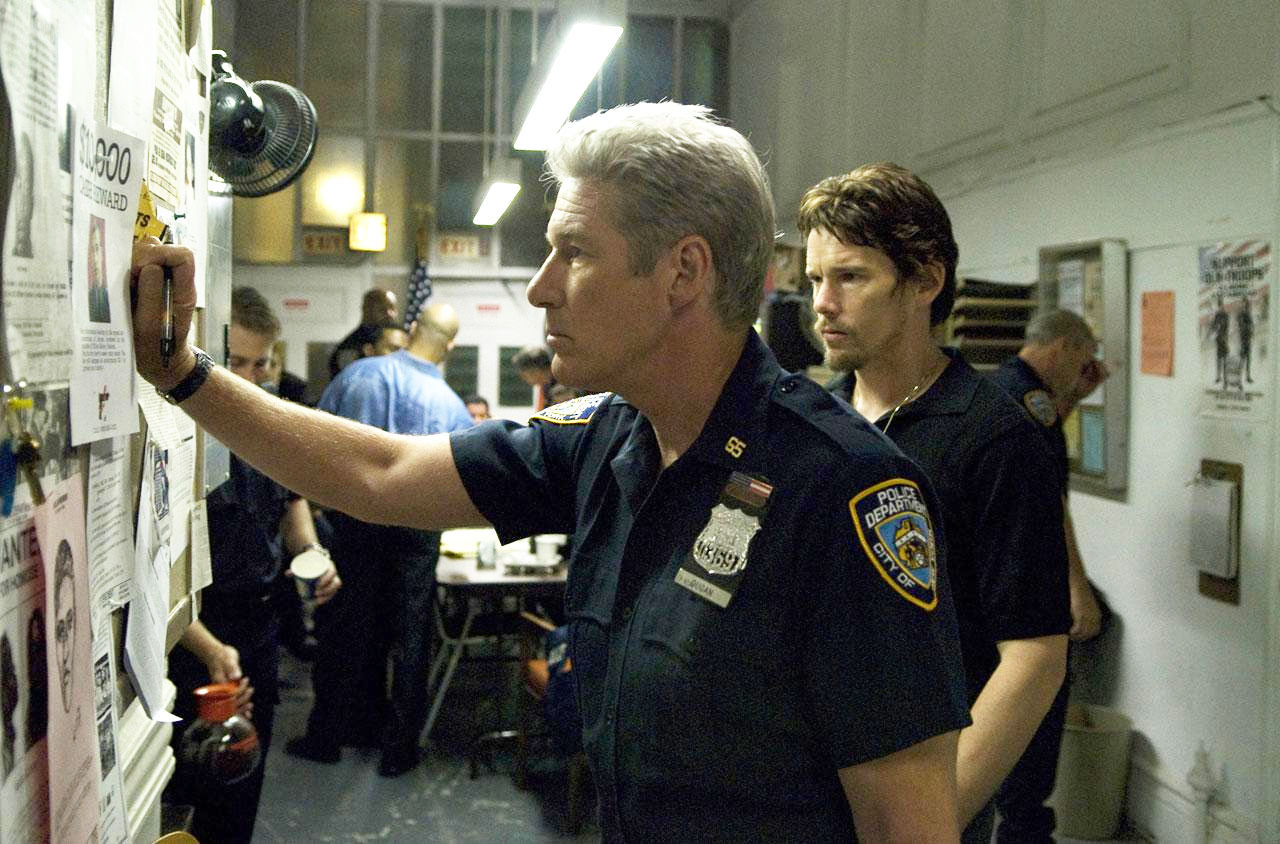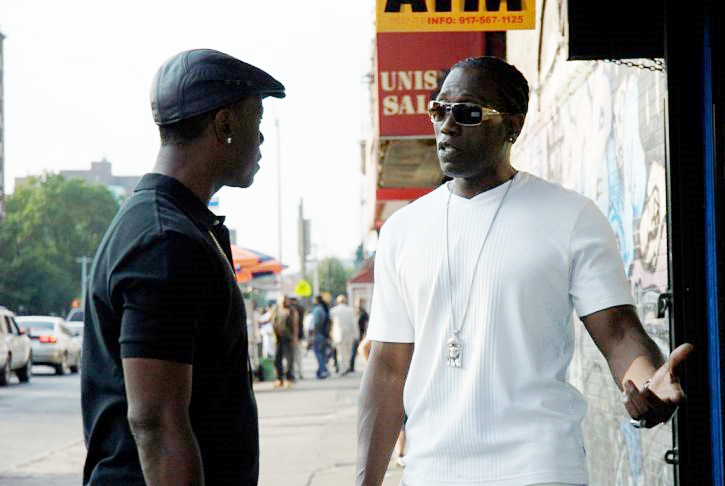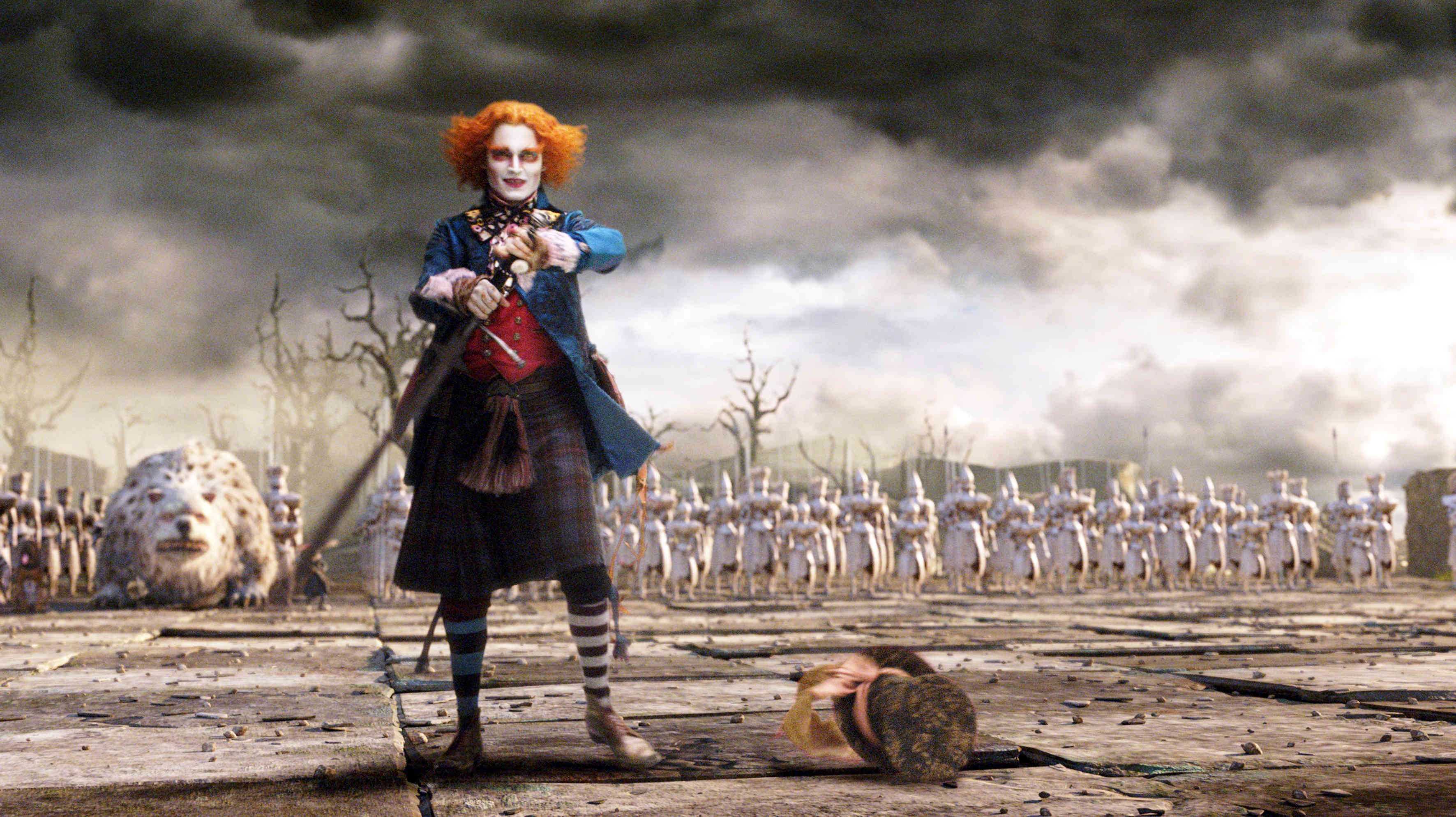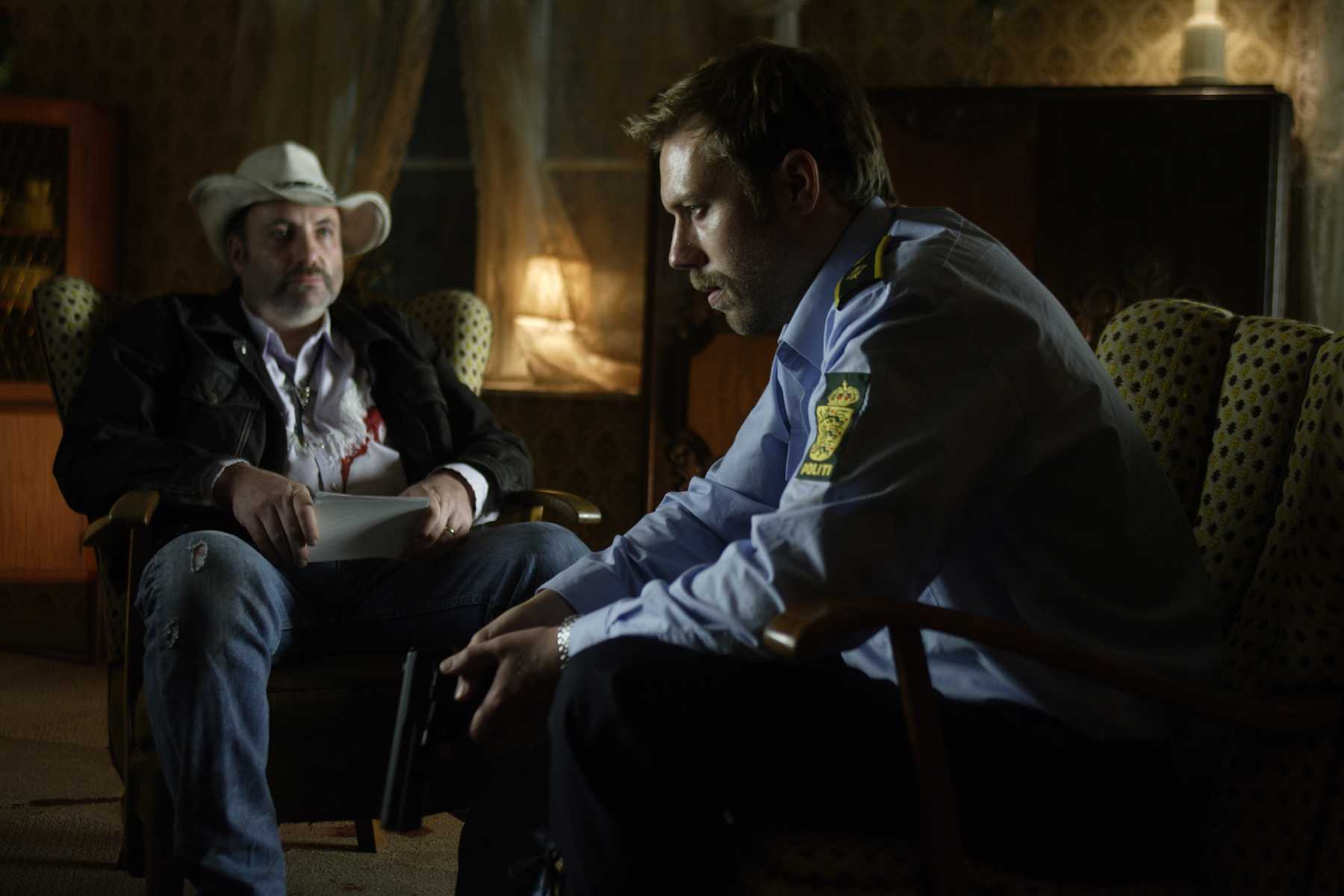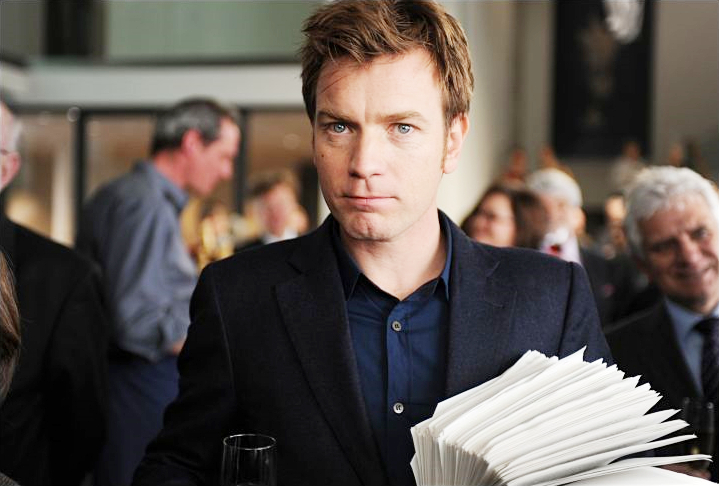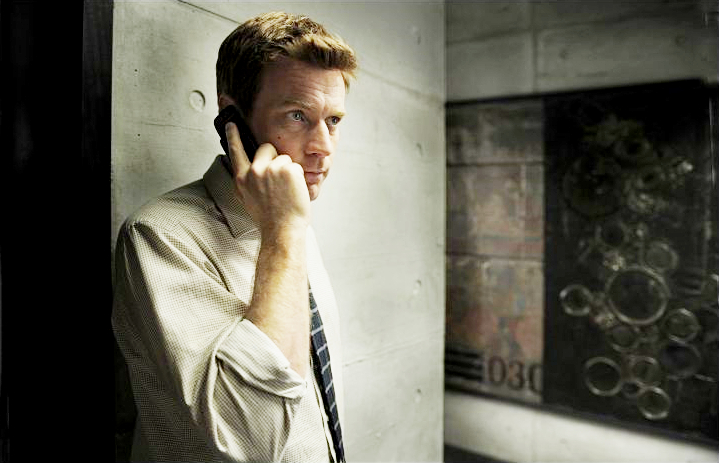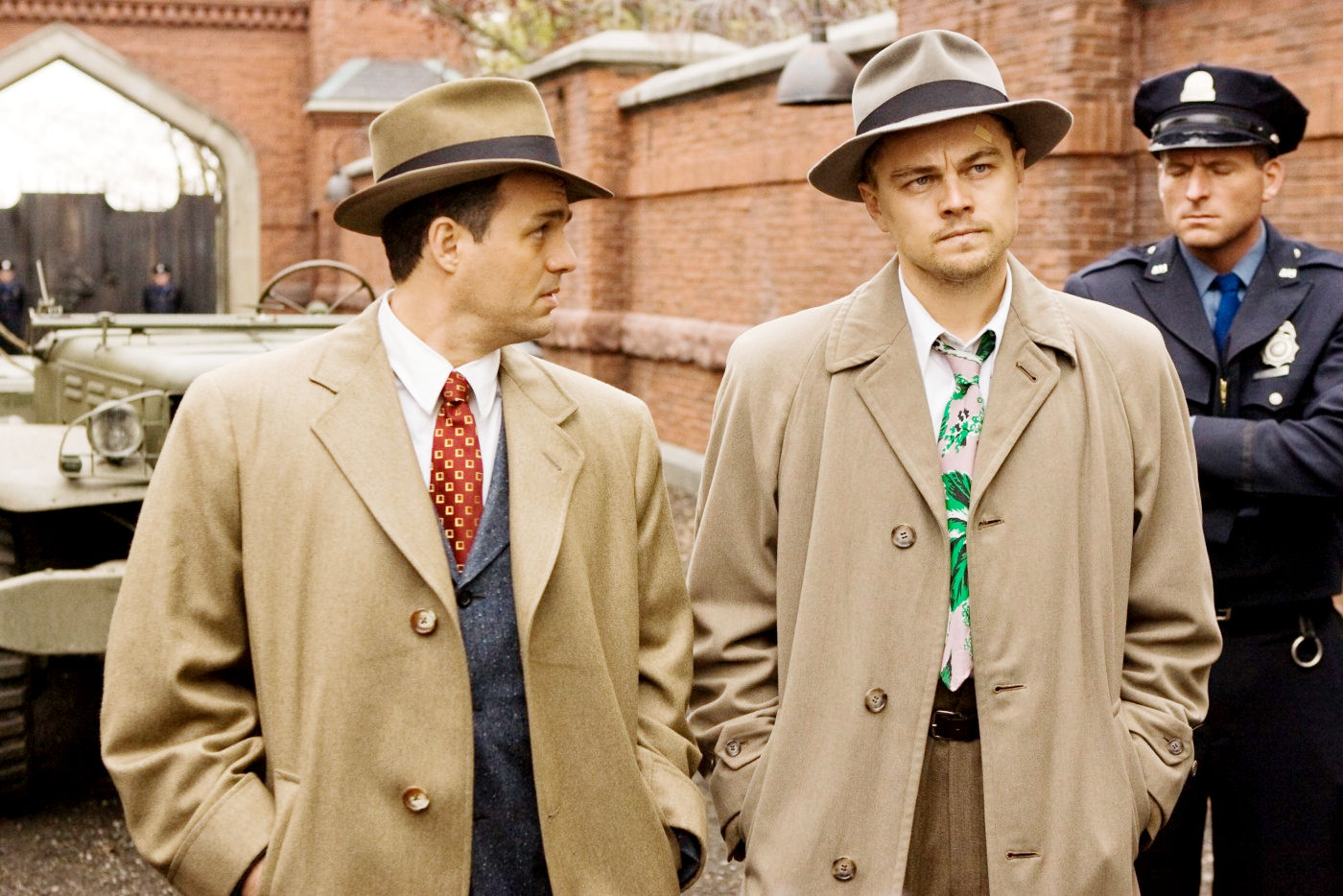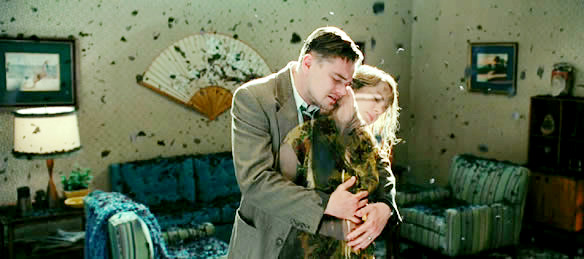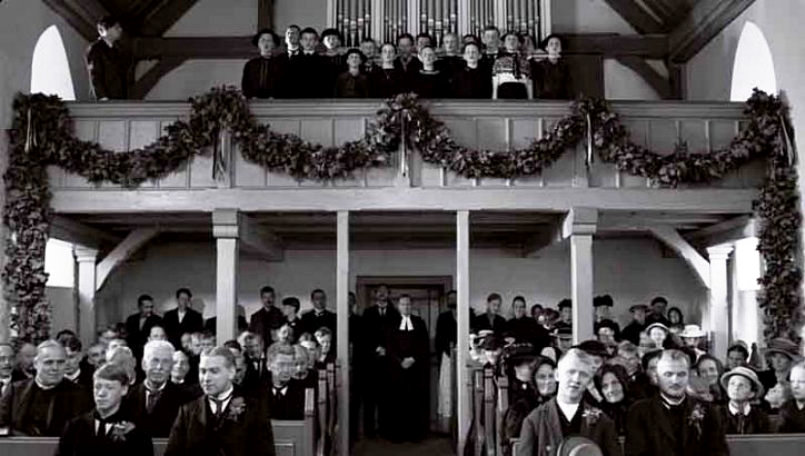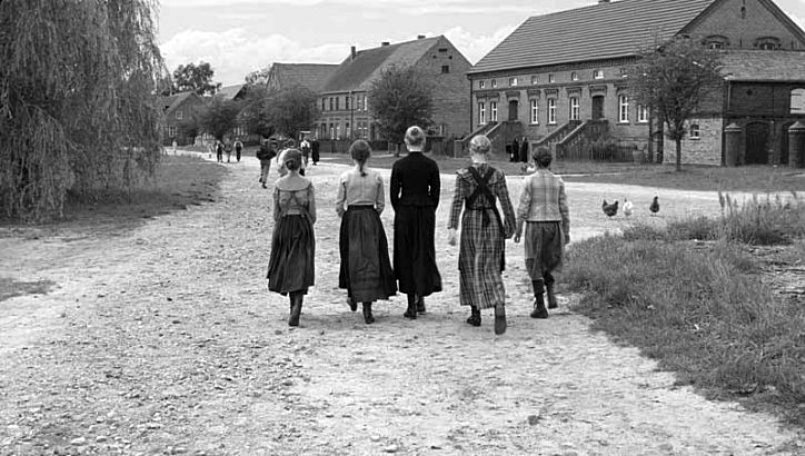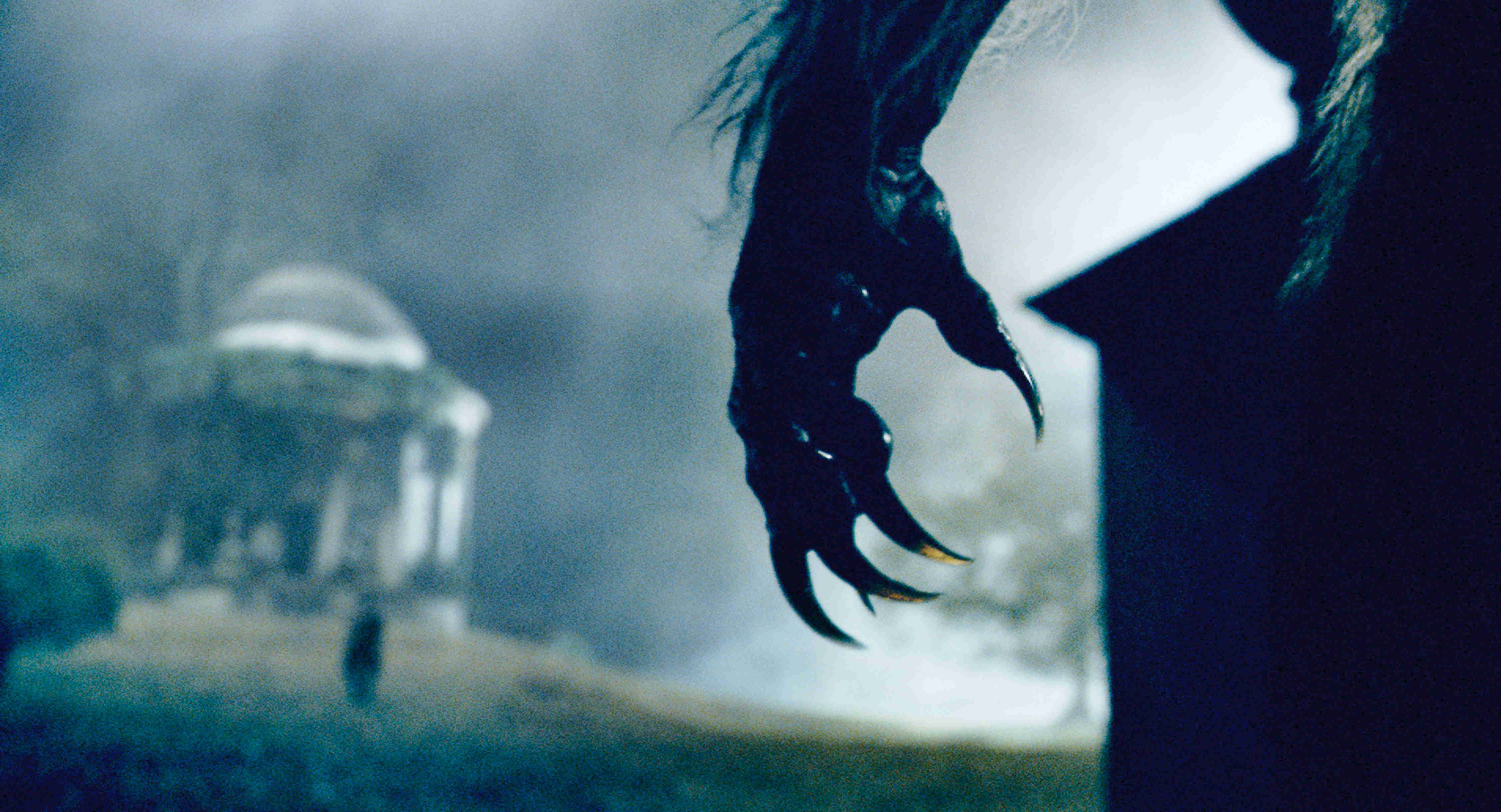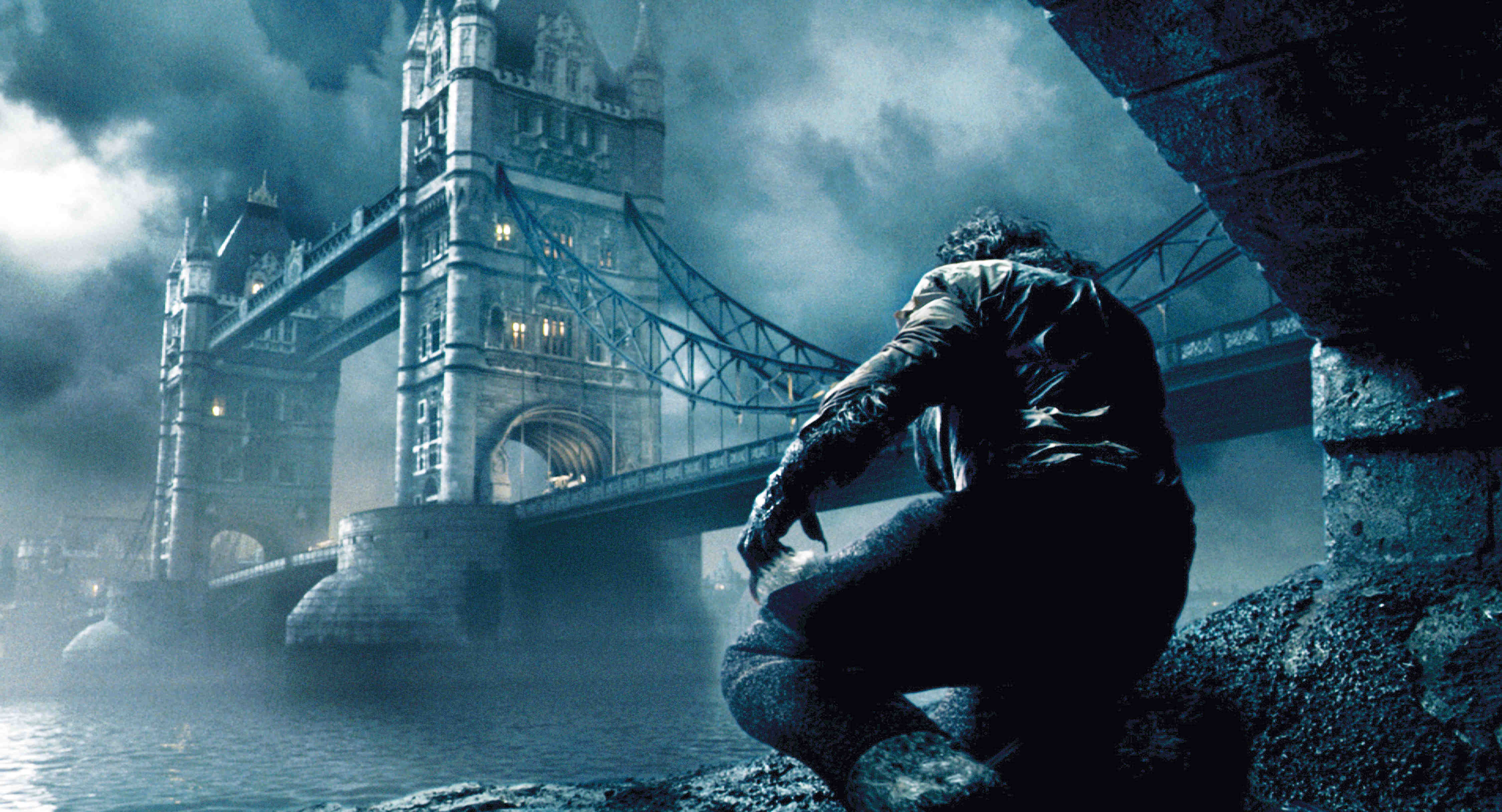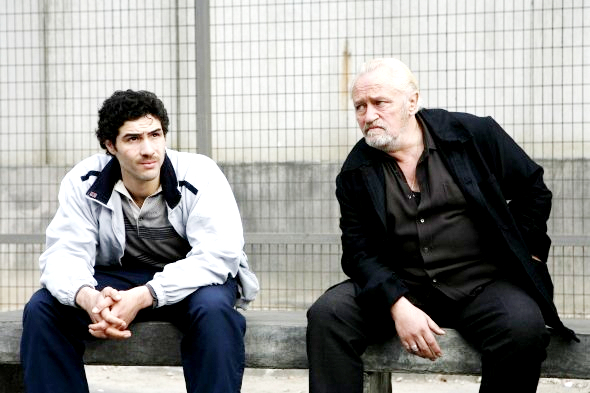
For even as our main character Malik (Tahar Rahim) wiles away years in “the corner of his room” in a French prison, he’s always watching, his mind’s always whirring. A Prophet is possessed of that same quiet, impressive, and inexorable intelligence. Audiard’s movie feels a bit on the long side, and, as you might expect from any movie about life in the Big House (even a French Maison Grande where everyone has separate cells and au bon pain is served on the regular) it can be hard to sit through at times. But it’s also a film that keeps making clever choices, lingering on a small detail or adding that little extra flourish that really makes various scenes resonate.
As A Prophet begins, our young prisoner is being processed for a six-year-stint in the joint for crimes unknown, although it sounds like roughing up a cop was involved. With no family or friends to speak of and a lousy public defender (Rabah Loucif) who just wants the paperwork cleared so he can get paid, Malik enters jail with nothing to his name except a desiccated cigarette and one 50-franc note. How could things get worse? Well, for starters, Cesar Luciani (Niels Arestrup) — the head of the Corsican gang who are the reigning ethnic power in Malik’s prison — may decide he wants an Arab prisoner (Hichem Yacoubi) murdered, and that Malik is just the fresh meat who can get into the Muslim block and get the job done. Hey, everybody’s got to start somewhere.
After wrestling with this dirty deed and its consequences, and picking up an unorthodox roommate, Malik goes from working in the prison’s blue jean factory to being the Corsicans’ new cook, maid, and whipping boy. He starts to make more friends, like Ryad (Adel Bencherif), the testicular cancer survivor who teaches him to read, and Jordi the Gypsy (Reda Kateb), the guy to go to for the quality hash. He starts to understand the prison’s racial fissures, like the great divide between the Corsicans (who treat like him an Arab, and who happen to have the guards in their pocket) and the Muslims (who treat him like a Corsican, and whose numbers are growing.) And, particularly after he establishes some friends on the outside, he starts seeing some angles to make some real money…if his Corsican masters will let him and live.
As critics go, I’m not usually a fan of the NYT’s Manohla Dargis, but her blurb in this trailer — “precisely observed” — is a very good way of putting this movie’s main strength. Time and again, A Prophet colors in its margins with small, wordless, and often devastating details. We watch Malik slice up his mouth over and over again as he tries to learn how to squirrel a razor blade in his cheek. After a day-long furlough that brings him to the beach, we see him slowly run the sand from his shoe through his fingers. When Malik one day gets on a flight, he initiates his full-cavity-search rigamarole in the security line, expecting no different from the French TSA than what he gets in prison every night.
Like I said, there are some scenes in A Prophet that can be hard to watch, and a few of the usual arthouse types at my Saturday afternoon viewing walked out. This is prison after all, and no Green Mile Oscar-bait prison either. Still, while I don’t think I’d want to see it again anytime soon, the movie definitely has moments of real grace, beauty, and haunting power. (Along with the aforementioned penchant for great novelistic details, I especially liked some of the deliriously creepy “dream” sequences in Malik’s prison cell, and particularly as they become normalized to him over the years.)
Did I like A Prophet better than Terribly Happy? Hmm, hard to say — they’re very different kinds of films, this one as sprawling and Scorsesean as Happy was lean and Coen-y. But, of the Best Foreign Film nominees in 2010, this was a much more worthwhile flick than The White Ribbon, and if The Secret in Their Eyes is better, it must be really something.
